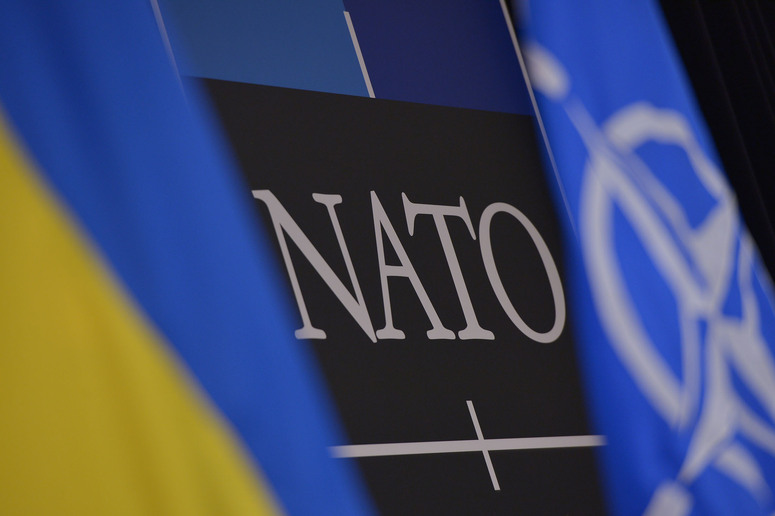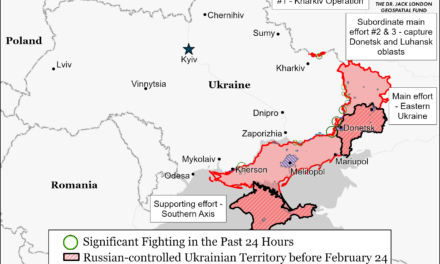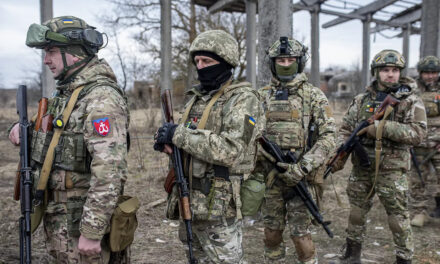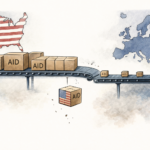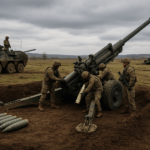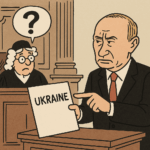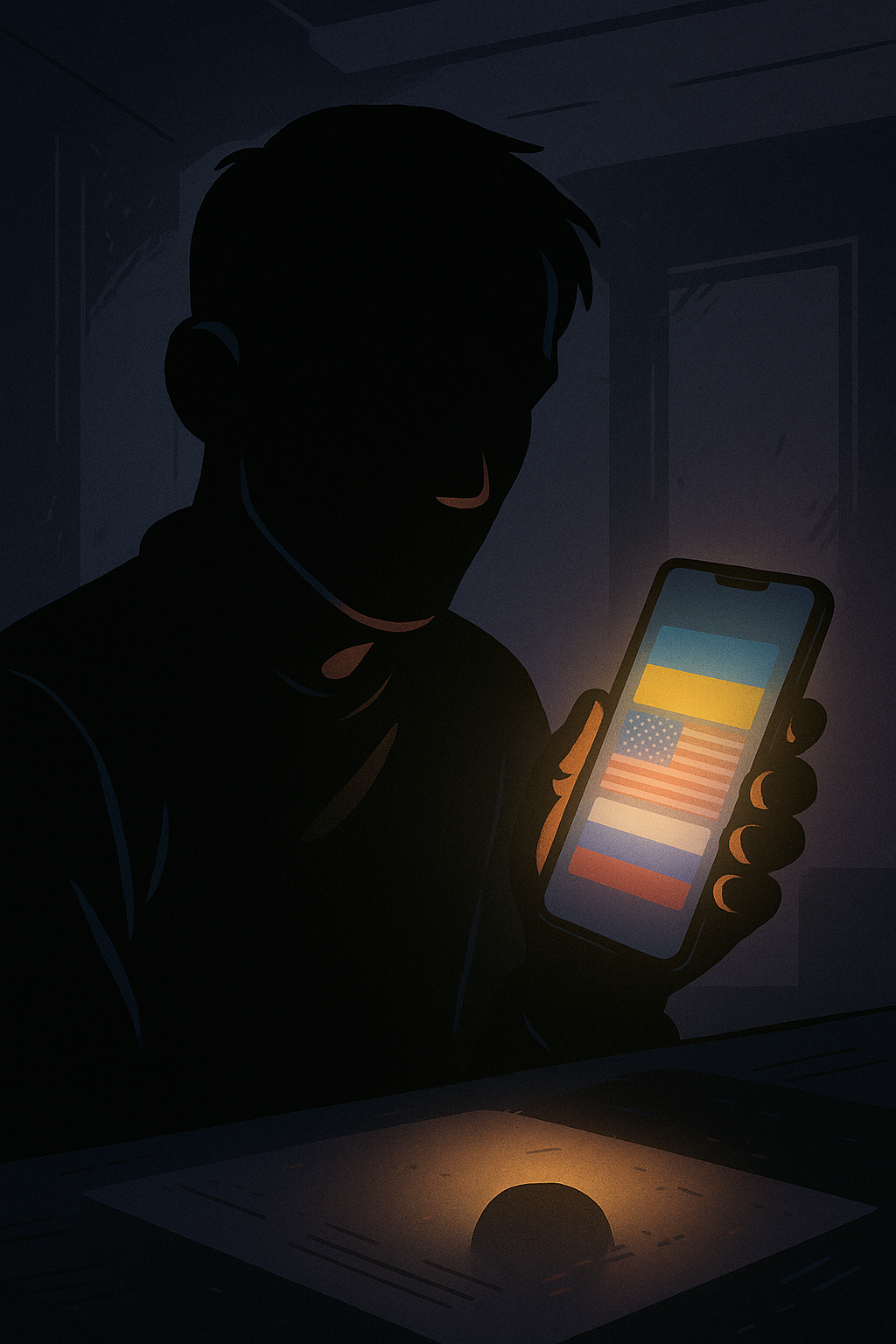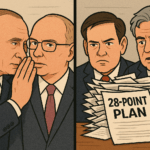Ukraine’s foreign minister Andrii Sybiha announced that an extraordinary meeting of the NATO–Ukraine Council would convene in Brussels at Kyiv’s request following Russia’s latest large-scale air strikes. In his message, Sybiha framed the session as a focused consultation on “joint steps” to counter “Russia’s rejection of peace efforts” and the accelerating campaign of terror against Ukrainian civilians, while expressing gratitude to NATO and allied governments for sustained support and stressing that Moscow must feel “stronger pressure” as a consequence of prolonging the war. The choice of the NATO–Ukraine Council is notable: established in 2023 to replace the NATO–Ukraine Commission, the Council places Ukraine and Allies at one table as equal participants and can be convened by any member, including Ukraine, for crisis consultations—precisely the scenario Sybiha is invoking. The timing follows late-August barrages that Ukrainian officials described as among the largest since the full-scale invasion, with fatalities and damage in Kyiv that included EU-linked facilities and cultural institutions—attacks that prompted sharp diplomatic responses in European capitals. Subsequent reporting indicated the gathering would occur at the level of political advisers, a format typically used to coordinate positions, refine response options, and prepare texts rather than to announce final decisions—yet it still signals urgency and allied coherence around near-term measures. Read alongside Sybiha’s insistence on “meaningful peace efforts,” the announcement encapsulates Kyiv’s dual track: keeping diplomatic doors open while building a coalition to impose higher costs on continued aggression and to strengthen Ukraine’s defenses. In short, the post is both a procedural notice and a strategic message—leveraging the Council’s crisis function to align Allies after a lethal escalation, and underscoring that any path toward peace must be backed by tangible pressure and practical support.
Brussels Hosts Emergency NATO–Ukraine Council at Kyiv’s Request
